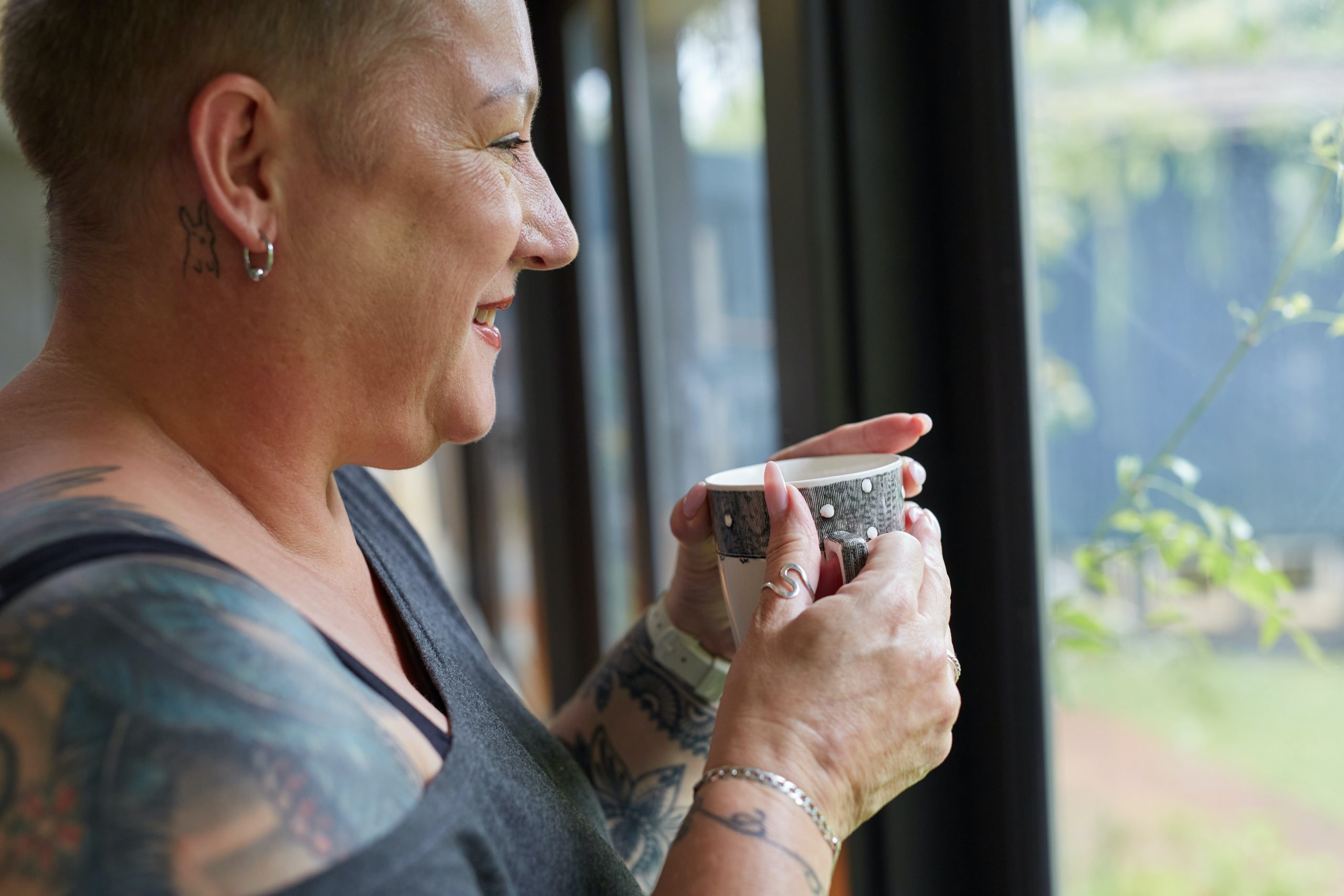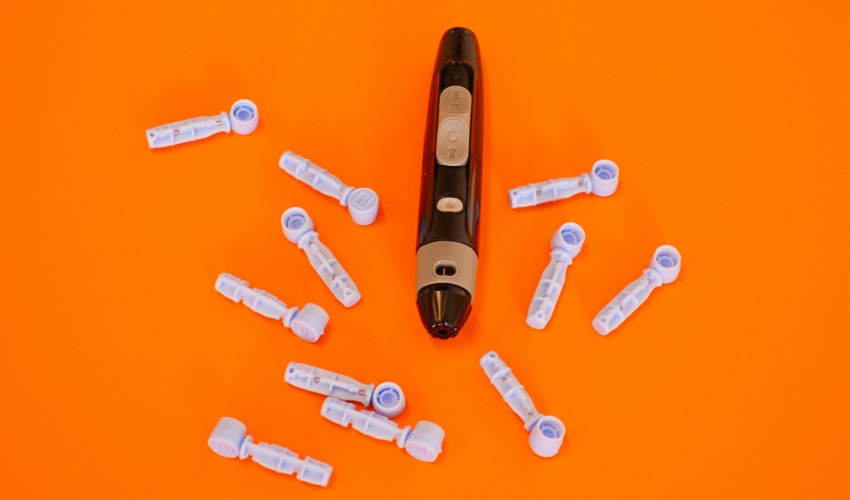Living with type 2 diabetes can be challenging, as it requires individuals to maintain a constant vigilance over their health and make mindful choices every day. From monitoring blood sugar levels to adhering to a strict diet and exercise routine, managing this chronic condition demands discipline and mental checklists. In this article, we will discuss the daily struggles faced by individuals with type 2 diabetes and highlight the importance of self-care and proactive management.
Monitoring Blood Sugar Levels
For individuals with type 2 diabetes, regular monitoring of blood sugar levels becomes a crucial part of their routine. This involves using a glucose meter to check blood sugar readings, usually multiple times a day. Keeping a close eye on these numbers allows patients to make necessary adjustments in their diet, physical activity, and medication intake to maintain stable blood sugar levels. According to a study conducted by the American Diabetes Association, people with diabetes check their blood sugar an average of 3-10 times per day, depending on their treatment plan and individual needs.
Maintaining consistent blood sugar control helps reduce the risk of diabetes-related complications. In fact, a study published in the New England Journal of Medicine reported that intensively managing blood glucose levels can decrease the risk of eye, kidney, and nerve complications by up to 60%.
Maintaining a Balanced Diet
Diet plays a pivotal role in managing type 2 diabetes. Patients are often required to follow a specific meal plan, which typically involves limiting the intake of carbohydrates, refined sugars, and unhealthy fats. Instead, they are encouraged to focus on consuming a well-balanced diet rich in whole grains, lean proteins, fruits, and vegetables.
According to the American Diabetes Association, it is recommended that individuals with diabetes consume approximately 45-60 grams of carbohydrates per meal, depending on their individual needs and blood sugar management goals.
Table 2: Recommended Carbohydrate Intake per Meal
| Meal Size | Recommended Carbohydrate Intake |
|---|---|
| Small (Snack) | 15 grams |
| Moderate | 30 grams |
| Large (Main) | 45-60 grams |
Adhering to such dietary restrictions requires meticulous meal planning, grocery shopping, and mindful eating practices. It can be challenging to resist temptations, but it is a crucial aspect of diabetes management. According to a study published in Diabetes Care, a healthy diet that is rich in fruits, vegetables, whole grains, and lean proteins can lower the risk of developing type 2 diabetes by 20-30%.
Engaging in Regular Physical Activity
Regular exercise offers numerous benefits for individuals with type 2 diabetes, including improved insulin sensitivity, weight management, and cardiovascular health. However, incorporating physical activity into their daily lives can be a struggle for many. Finding time, staying motivated, and dealing with potential fluctuations in blood sugar levels during exercise can create obstacles.
The American Diabetes Association recommends that individuals with diabetes engage in at least 150 minutes of moderate-intensity aerobic exercise per week, along with resistance training two to three times a week.
Types of Exercises Suitable for Individuals with Diabetes
Statistics show that engaging in regular physical activity can significantly impact diabetes management. A study published in the Journal of the American Medical Association found that individuals who participated in regular physical activity reduced their risk of developing type 2 diabetes by 30-50%.
Medication Management
In some cases, managing type 2 diabetes may require the use of medication or insulin. This adds another layer of complexity to the daily routine of individuals living with diabetes. Adhering to prescribed medication schedules, keeping track of dosages, and managing potential side effects can be mentally draining.
According to a report by the Centers for Disease Control and Prevention, approximately 50% of people with diabetes take oral medications to control their blood glucose levels, while approximately 30% require insulin injections.
Furthermore, maintaining medication adherence is critical. A study published in Diabetes Care found that non-adherence to diabetes medication was associated with a 2.2-fold increase in hospitalizations for diabetes-related complications.
Emotional and Mental Well-being
Living with a chronic condition like type 2 diabetes can take a toll on one’s emotional and mental well-being. The constant need for self-monitoring, the fear of complications, and the pressure to maintain a healthy lifestyle can lead to stress, anxiety, or even depression, which are recognized as significant risk factors for type 2 diabetes.
It is essential for individuals with diabetes to prioritize their mental health by seeking support from healthcare professionals, joining support groups, or practicing relaxation techniques such as meditation or yoga. Taking care of emotional well-being contributes to better diabetes management, including overcoming fear of diabetes.
Living with type 2 diabetes demands constant vigilance and mental checklists to ensure effective management of the condition. From monitoring blood sugar levels and adhering to a balanced diet to engaging in regular exercise and managing medication, individuals with diabetes face daily challenges. However, by making self-care a priority and seeking support when needed, it is possible to lead a fulfilling life while successfully managing type 2 diabetes. With continued efforts, individuals can empower themselves to minimize the impact of diabetes and maintain optimal health.




